SUMMARY
This is AI generated summarization, which may have errors. For context, always refer to the full article.
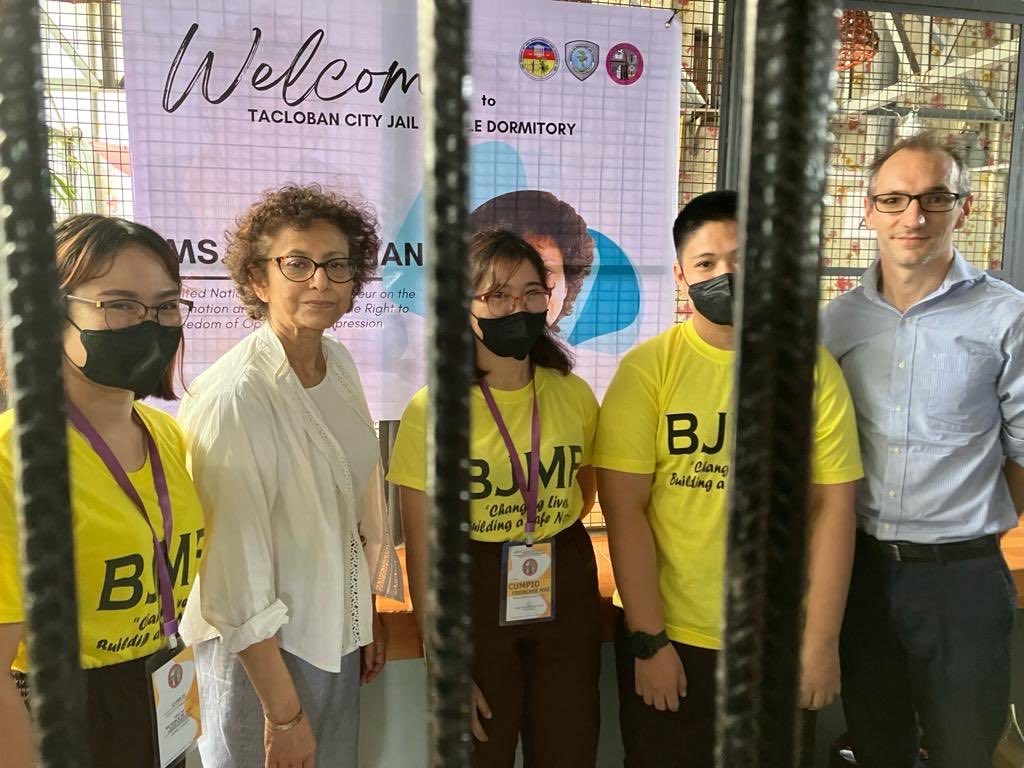
MANILA, Philippines – If you are a political prisoner in the Philippines, the statistical outlook is dim: data show that the average period they spend in jail while on trial without judgment is four years.
Rappler obtained this dataset from rights group Karapatan and Kapatid. In their records, there are 801 political prisoners in the whole country, and 672 or most of them are pre-trial detainees or those still waiting for judgment. One limitation of the dataset is that it only reflects current prisoners, not those already acquitted and cleared.
Of the 672 Persons Deprived of Liberty or PDLs, the bulk were arrested and jailed during the administration of former president Rodrigo Duterte, or from 2016 to 2022. Under the government of President Ferdinand Marcos Jr., 90 activists have been arrested and are currently in jail.
The four-year wait is way beyond what the Supreme Court envisions, which is six months on average for a trial to finish and mete out a judgment.
The most prominent political prisoner, former senator Leila de Lima, spent 6 years and 8 months in jail.
One political prisoner has been languishing in jail for 18 years without a judgment. There are 27 political prisoners who have spent more than 10 years in jail awaiting judgment.
“I think there is a responsibility on the entire justice system to ensure that cases like these do not languish in prison, that they are handled speedily, with empathy, but also with due diligence,” Irene Khan, United Nations Special Rapporteur on Freedom of Expression and Opinion, told Rappler when she presented her findings after her two-week mission in the country.

‘Denialism’
Political prisoners are those who belong to activist and human rights groups, or like De Lima, were known to be affiliated with political parties. De Lima is a leader of the opposition Liberal Party. The government has a lower count of political prisoners – 382 – as relayed to Khan via the inter-agency AO 35 task force. “That is not sufficient, they are not working hard enough,” said Khan.
Most political prisoners are charged with common crimes, often with illegal possession of firearms and explosives, which would fall out of the government’s count of political prisoners. Activists used to be charged with subversion and related crimes, but “now we are being criminalized for our political offense,” said Vicente Ladlad, the 74-year-old peace process consultant detained at the Bicutan City Jail.
Although the charge is a common crime, the charge sheets accuse these prisoners of being armed communists. Simply, they are red-tagged. Being a member of the Communist Party of the Philippines (CPP) is not a crime in the Philippines, so the legal charge that could stand is illegal possession of firearms. Activists have long claimed that the arms and explosives are planted during raids.
The Philippine government insists that it does not red-tag. Yet in the past, the National Task Force to End Local Communist Armed Conflict (NTF-ELCAC) had been known to engage in red-tagging.
“I think there is a veil of denialism at one level, but on another level they are perfectly aware of what is happening. It was during Duterte’s time that these kinds of practices are introduced, they are hard to root out because they continue to happen underground,” said Khan.
Khan’s top recommendation for Marcos was to abolish the red-tagging NTF-ELCAC. She also urged him to issue an executive order that would prohibit government from red-tagging, and punish those who violate the order. The recommendations have been met with strong objections from security forces.
“The security institutions are not behaving the way [they] should, [they] should not be entering into a smear campaign against people, and the justice system is failing to address those smear campaigns, so that weakens the state, and weakens the trust that citizens must have on the state,” said Khan.
The dataset shows that only 13 of the political prisoners on trial are confirmed to be affiliated with the National Democratic Front (NDF), the political wing of the CPP, either as local spokespersons or consultants.
There are 155 female political prisoners, two of whom are 25-year-old campus journalist Frenchie Mae Cumpio, and 27-year-old activist Marielle Domequil. Khan visited Cumpio and Domequil at the Tacloban city jail during her mission.
“[Cumpio] was arrested at the age of 21, she is now 25, but there is a lot of information to suggest she would have a strong defense so the case should be reviewed immediately,” said Khan.
“No one should have to spend 4 years in prison, certainly not at the age of 21, it should either be dismissed or brought to trial speedily,” Khan added. – Rappler.com
Add a comment
How does this make you feel?
![[OPINION] Navigating the storms of repression: The resilience of young women rights defenders in Asia](https://www.rappler.com/tachyon/2024/03/women-rights-defenders-asia-mar-7-2024.jpg?resize=257%2C257&crop=278px%2C0px%2C720px%2C720px)
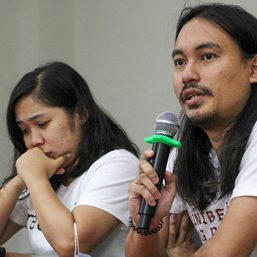
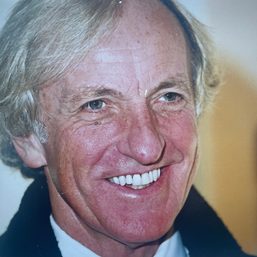
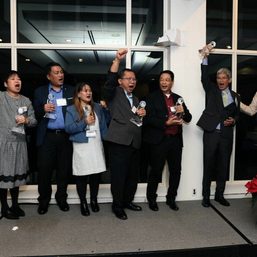
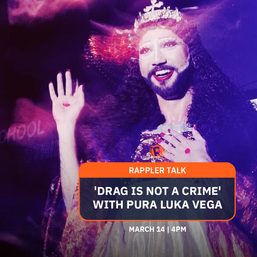
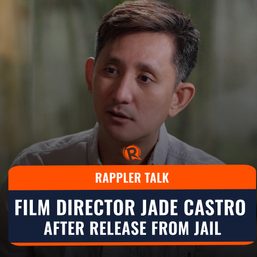
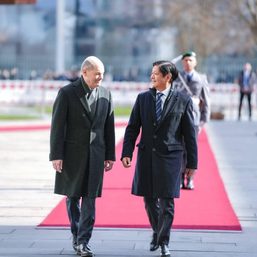
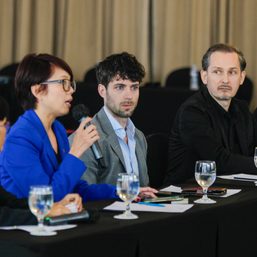

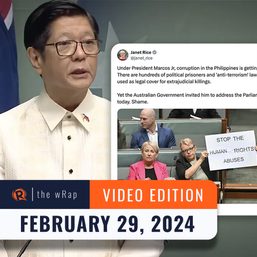
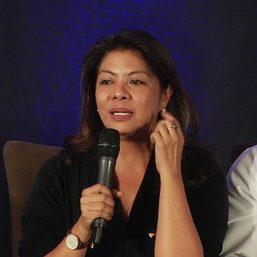
![[OPINION] Jhed and Jonila’s fight for justice](https://www.rappler.com/tachyon/2024/02/TL-jhed-and-jonilla.jpg?resize=257%2C257&crop=411px%2C0px%2C1080px%2C1080px)
![[Rappler Investigates] Who’s fooling who?](https://www.rappler.com/tachyon/2024/02/rodrigo-sara-duterte-2019.jpeg?resize=257%2C257&crop=167px%2C0px%2C900px%2C900px)
There are no comments yet. Add your comment to start the conversation.